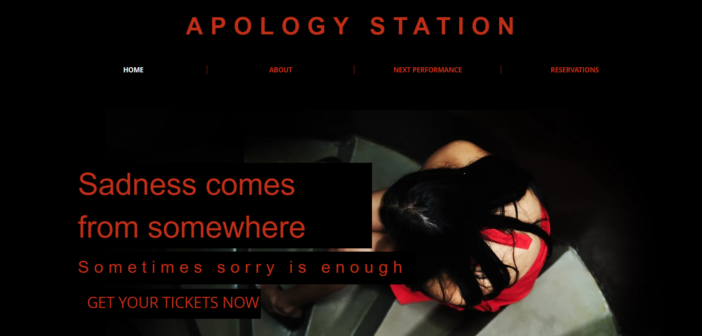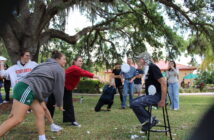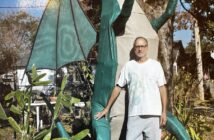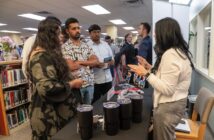By: Emily Miller, Senior Copy Editor
“We will always face change. How we respond to it is the difference,” said Dr. Alicia Corts, assistant professor of theatre at Saint Leo University.
Saint Leo’s Black Box Theatre, like all black box theatres, is small. Audience members sit side-by-side and performers are close enough that their faces are often visible to the audience. This format isn’t ideal when trying to prevent the spread of an air-borne virus, but Corts and students saw this as an opportunity to create new ways to entertain the Saint Leo community.
The theatre has three main performances this semester: “The All-Call” podcast, an interactive Zoom performance called “Apology Station,” and a Nativity performance which was recorded on Nov 18.
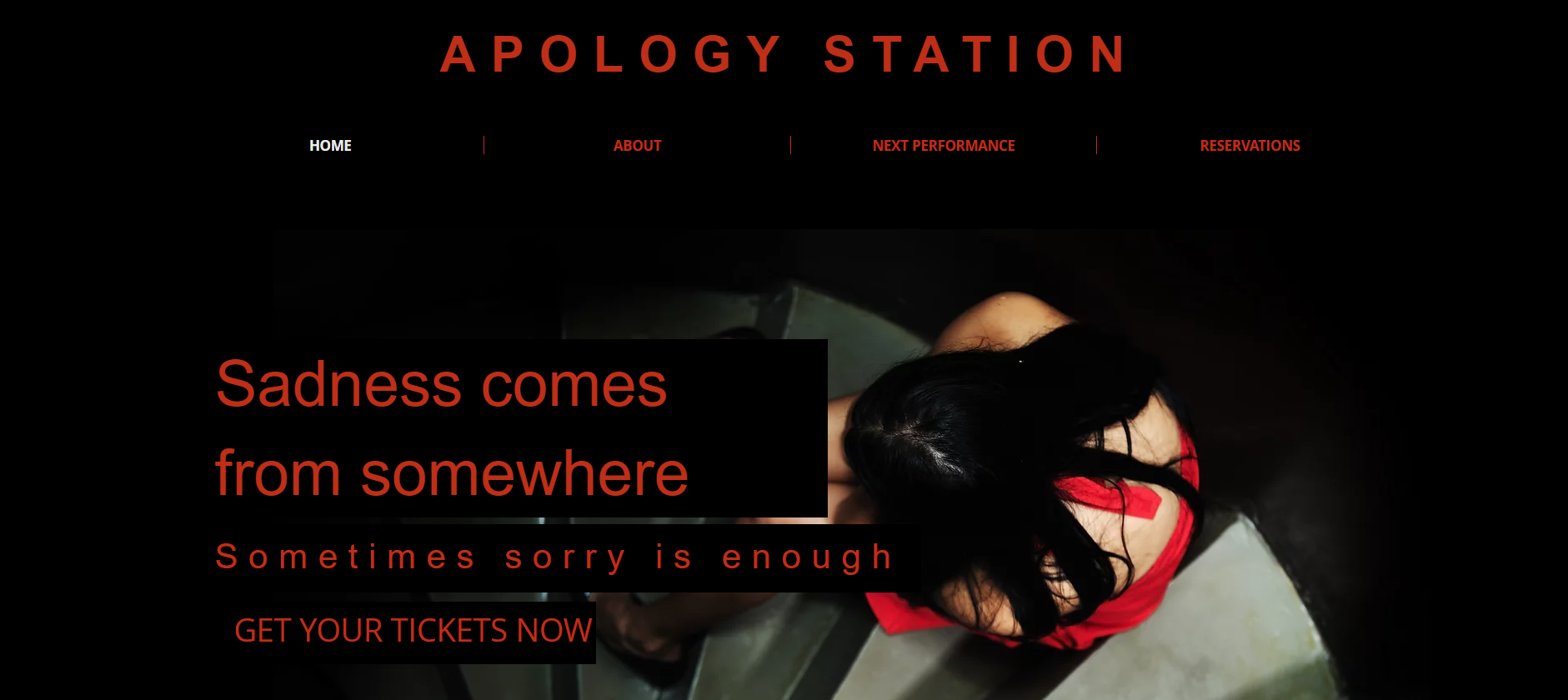
“The podcast is a way that our students can work on their voice skills and a way for them to show off their own, dramatic writing,” said Corts.
The podcast comes out twice a week, with “Cast Chat” on Wednesdays and “The Witching Hour” on Saturdays. According to Corts, in “Cast Chat” episodes, theatre students discuss their work.
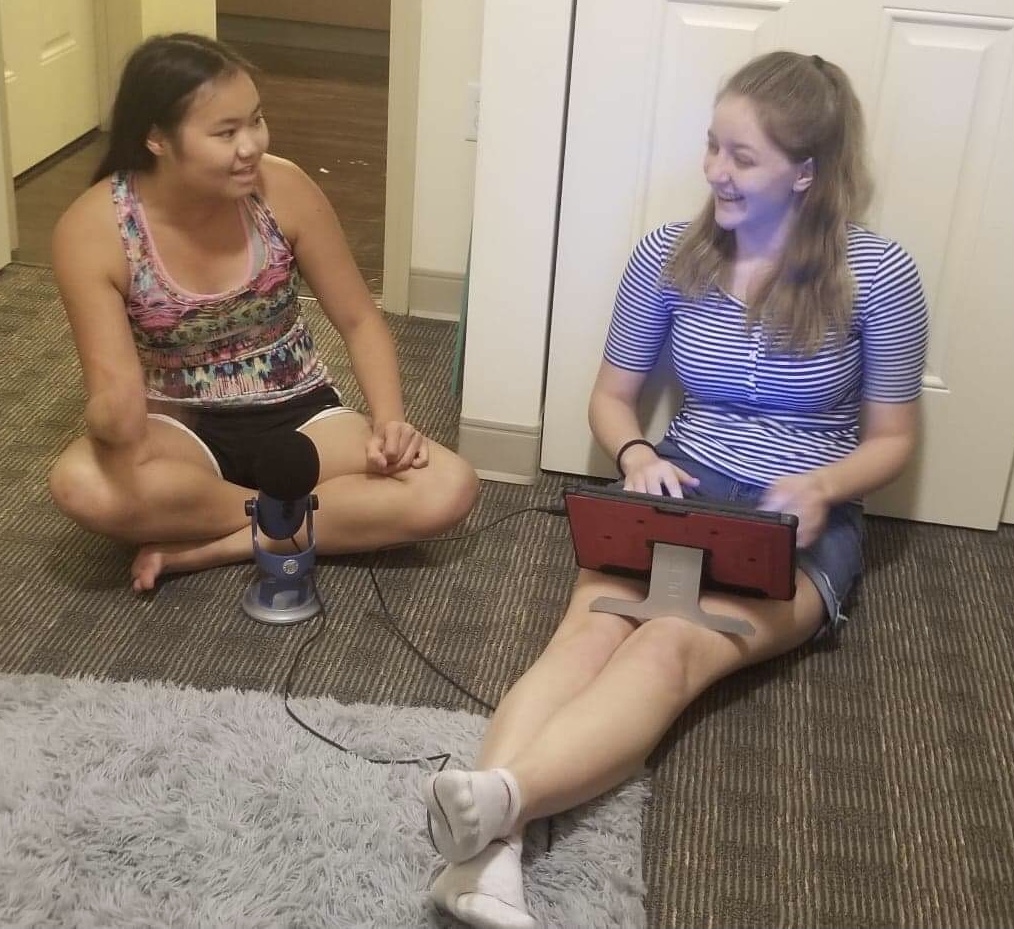
“Students talk about what’s interesting to them in the program, what they’ve learned, stories about the theatre, and features short clips of them doing creative work, monologues and stories they’ve written,” said Corts.
“The Witching Hour “episodes are fictional stories based on campus locations.
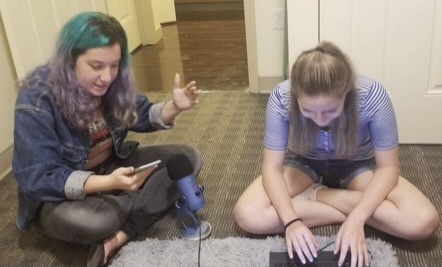
“We’ll tell our podcast-listeners, ‘go to this spot on campus,’ and then we tell a spooky ghost story that takes place in that spot. You can feel the chills and thrills of it while being socially distant,” said Corts.
Episodes of “The All-Call” podcast can be found on anchor.fm/st-leo-theatre. Corts wants the podcast to continue even after the end of the pandemic and hopes other groups, like the English department, will get involved.
“Apology Station” is a performance instillation that is both dynamic and easy to manipulate. When the pandemic hit, “Apology Station” could still exist and did not have to be performed in person.
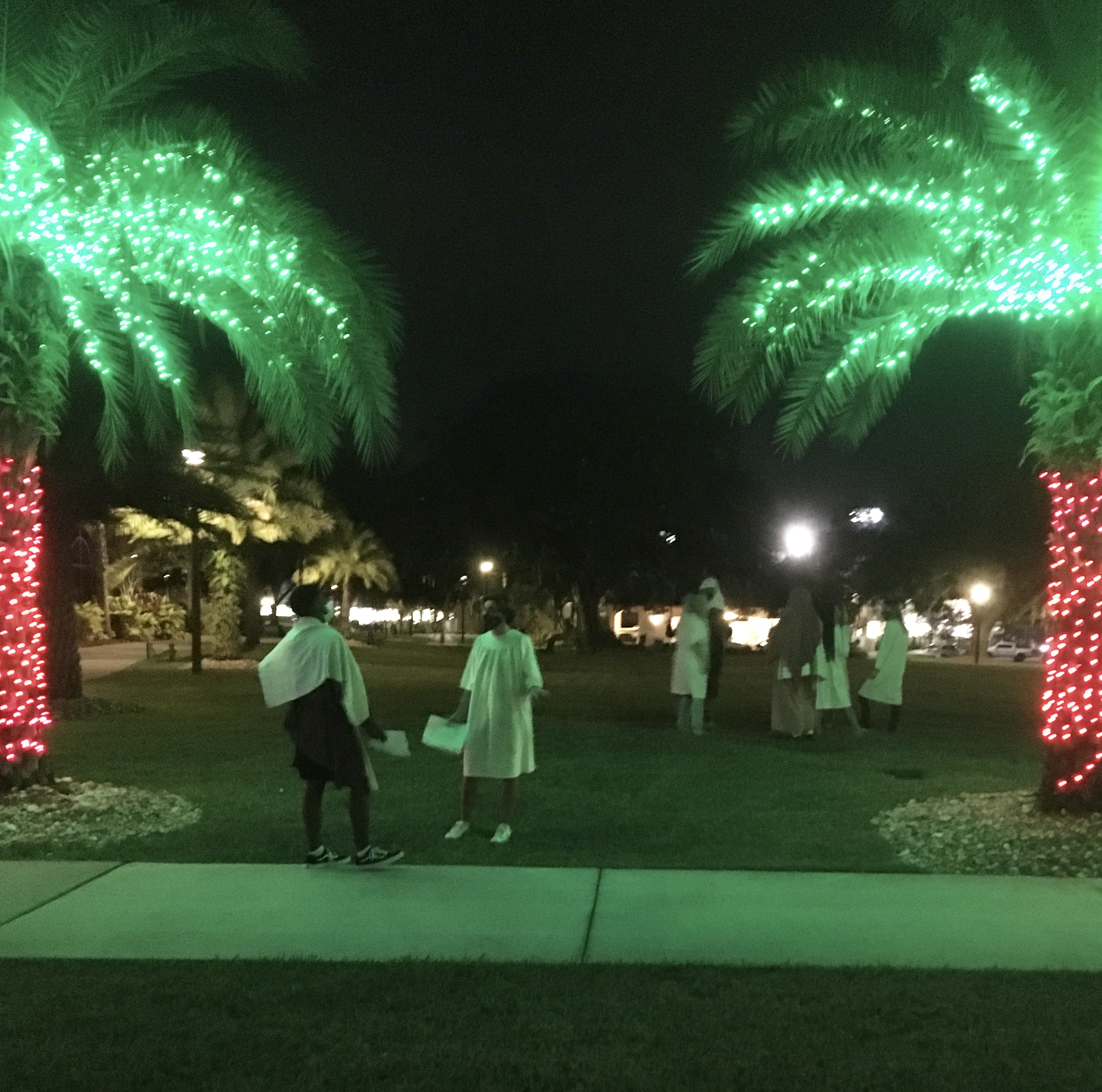
“You bring something of yourself to the performance. The audience interacts with that thing […] and transforms it into something new to give you a new perspective on your life and the situation that you’re in,” said Corts. “With all of the division we have in the world right now, we need some place to go to get us past these moments of anger [and]non-forgiveness.”
For “Apology Station,” an audience member will sign up on apologystation.com and explain something they need to apologize for or explain an apology they’d like to receive.
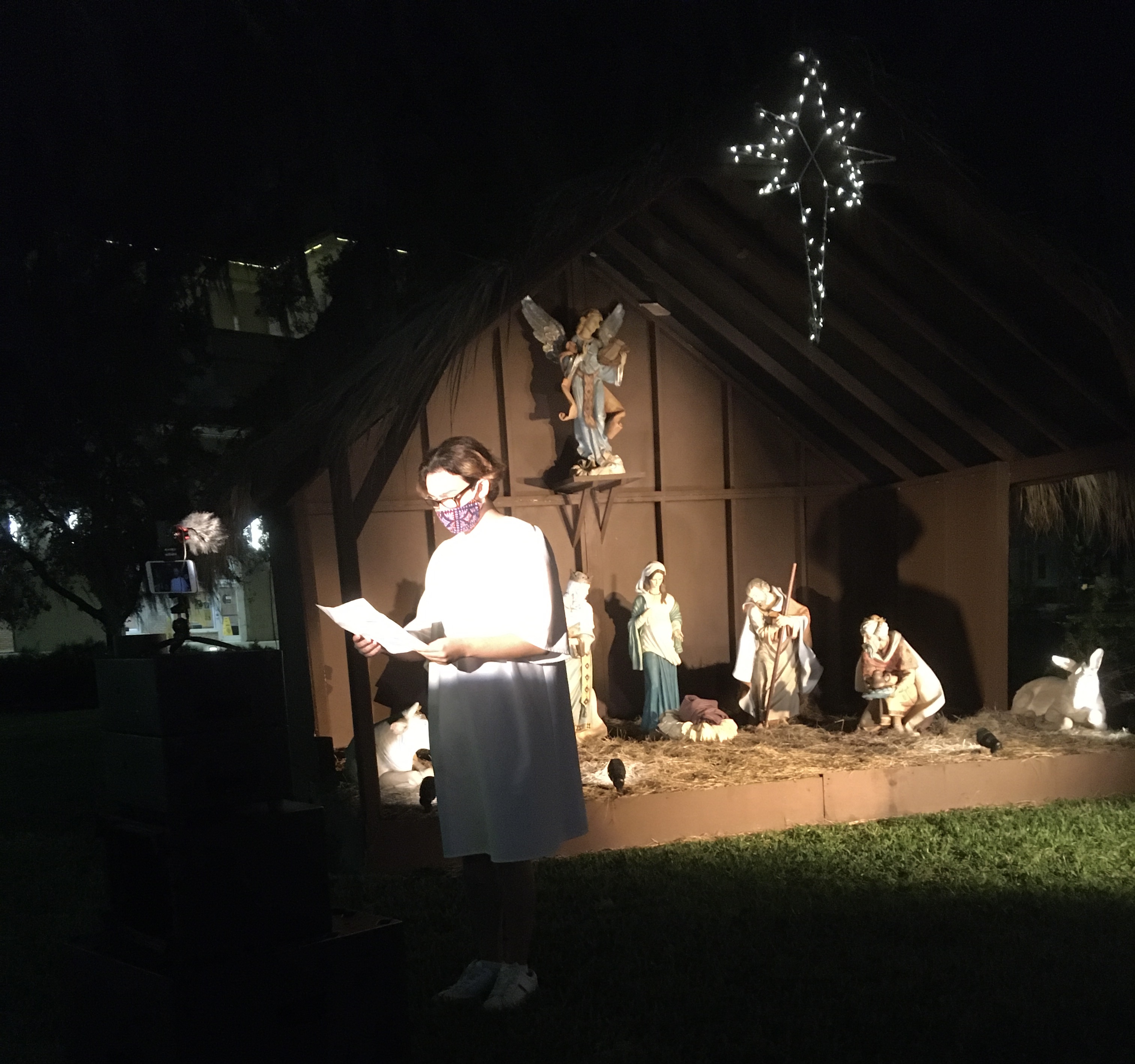
“It can be very simple, a secret that you’ve held that you are afraid people are going to be mad at you for. You can ask for forgiveness for those things,” said Corts. “You can also ask for an apology from someone who might not be willing to give it to you, but you need to hear those words to process it and move on.”
An actor will apologize or accept an apology on behalf of another person. Then the scenario which incited needing or needing to give an apology will be performed by Saint Leo actors. Audience members will then be sent a token which represents the apology. Corts recognizes this is much different than the typical performer-audience dynamic.
“I have no doubt that we’re really going to touch some people and I also have no doubt that we’re going to have people that walk away and go, ‘that’s the strangest thing I’ve ever been in,’ but that’s okay. Putting them in a space where they’re uncomfortable helps them to grow,” said Corts.
“Apology Station” is projected to continue even during other performances like the Nativity filming. After the pandemic, “Apology Station” could be performed in-person.

The filmed Nativity performance supplements the Saint Leo music program’s virtual Christmas concert this year.
“With individual performers, for social distancing, we are going to record […] the nativity on Saint Leo’s campus, which I think is a really powerful thing,” Corts explained. “We’re a Catholic institution and this is the basis of what we do. It’s Christmas.”
Readings of short, Christmas-themed poems were filmed as well.
“It’s a celebration of our community and a celebration of Christmas together,” said Corts. “Even though we can’t be together, physically, it’s a remembrance that we were a community then, we are a community now, and we will be a community when this is all over.”

